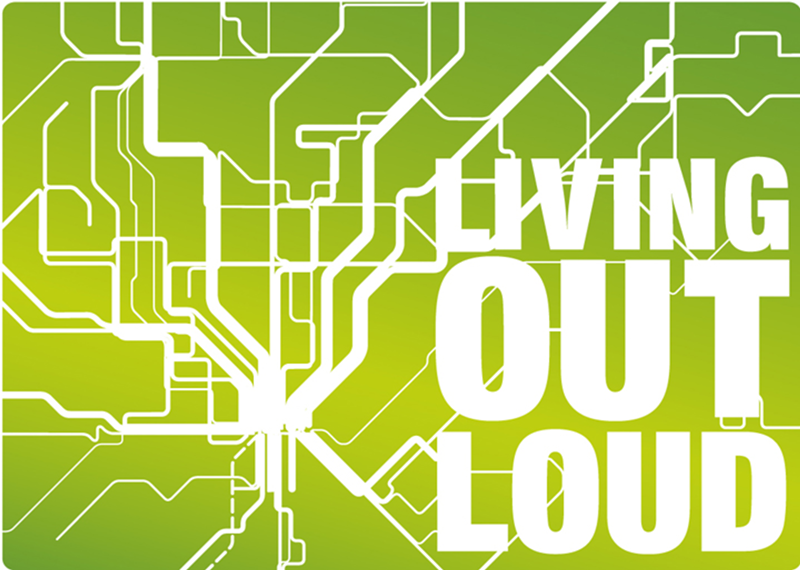Exiled from Main Street XXXXIII: for Amy Winehouse
I’m gonna tell you the same thing I told the police. When I picked him up from the airport, he didn’t seem all that bad off. Pale, perhaps, with rings around the eyes, but nothing alarmingly different than anyone else I had picked up that was in the middle of a tour.
We hit it off from the start. He called me “Morgan,” as he said I reminded him of Morgan Freeman. It was only natural then that I started referring to him as “Daisy,” which amused him.
The day began in an uneventful fashion. There was a book signing, a late lunch and then it was time to get him to his performance. I noticed at this point he was doing something in back, but what exactly was none of my business. However, he did seem to become more animated.
“There’s a pressure you probably wouldn’t understand,” he lamented. “Always having to be on, at the top of your game. There’s always someone waiting to take your place, not to mention just so much doubt.”
I didn’t say much. It wasn’t my place to.
I wasn’t there for the performance, of course, but he did seem visibly relieved afterwards, elated even. A few of the folks that had organized the event piled into the car with him and first went to dinner, then a nightclub. About 2 a.m., the group stumbled out — he with a bottle of Jameson in one hand — and the others expressed their wish to go home, to which he protested that the night was still young. They weren’t convinced, though.
When I dropped the last of them off, I asked, “Where to now, Daisy?”
“Just drive,” was his curt reply.
As I steered the car towards Highway 1, he threw a CD up front. It was Iggy Pop’s Lust for Life, although he demanded that I skip the first song. Then he confessed, “I just don’t know what to do after a show; I can’t seem to come down. There’s no greater high, no matter how hard I might try.”
I noticed that his phone kept buzzing, but he would look at it sullenly and not answer, staring off far away. I remember sensing an all-encompassing loneliness about the guy and found myself feeling sorry for him, no matter that he seemed to be doing what he wanted, and with some success.
Suddenly, he came alive again when a certain song came on, “The Passenger.” “Turn this up,” he implored, “it’s the perfect song, in just five chords. Listen to the la la la’s here; Iggy must have been referring to L.A. in a subtle way.”
As soon as the song ended, he would ask that I play it again. “Listen to the tambourine this time; tell me that doesn’t evoke the sound of a sleigh bell galloping down the street.”
At this point, I realized that he was reenacting the song we were listening to — the way he heard it, at least. The passenger, he rides and he rides, and that’s exactly what he was doing — riding and riding, in more than one way. Who was I to stop him? After all, he was paying.
After we had seen plenty of the winding ocean side, I realized the sad fact that, despite my having been on duty for 15 hours, my night was not ending. Thus, I confessed, “I do know of an after-hours place not far from your hotel.”
“Say no more, Captain Morgan. Set course for it.” Then holding up the almost empty bottle, he declared, “There are some dregs left to be drank from this bottle!”
On the way there, a song came on that he immediately had me skip, explaining, “The next time I want to hear ‘Turn Blue’ is at my funeral.”
Later, he would say, “The first drug I ever did was in L.A. I snorted a line of meth the size of my fingernail and saw the sun rise three days in a row. Wrote two stories and 10 pages of poetry that I still perform.”
We arrived at the after-hours and I watched as he ambled towards the darkened place. Then I kicked back my seat and settled in for what remained of the night. When I awoke to his rap on the window, his face smiling like an idiot from the other side, the sun was rising.
He climbed into the Town Car and threw a piece of paper up front, slurring something like, “I got an address to take me to.” I complied.
Once there, he hesitated before getting out, as if he wasn’t certain that he wanted to. He sat there with his hand on the knob, saying: “This girl I liked but couldn’t have once said something that has always stuck with me. She said, ‘It’s easy to be interesting when you’re fucked up. The real trick is finding a way to be interesting without it.’ ”
He paused before adding, “I’m not sure I’ll ever find out if that’s true,” then exited the car. I watched his mad gait towards the address, and then watched as he walked into the house. The next time I would see him he was on a stretcher.
I know what you’re thinking. I’ve been around so long I’ve carted them all around town: Kurt, Janis, Lenny, Jimi, you name ’em.
But, you see, all I did was drive ’em to the places they needed to be, in order for them to, you know, be . You can try to blame me for it — many have — but never convincingly.
For I’m not the car, I’m just the driver.
CONTACT MARK FLANIGAN: [email protected]


